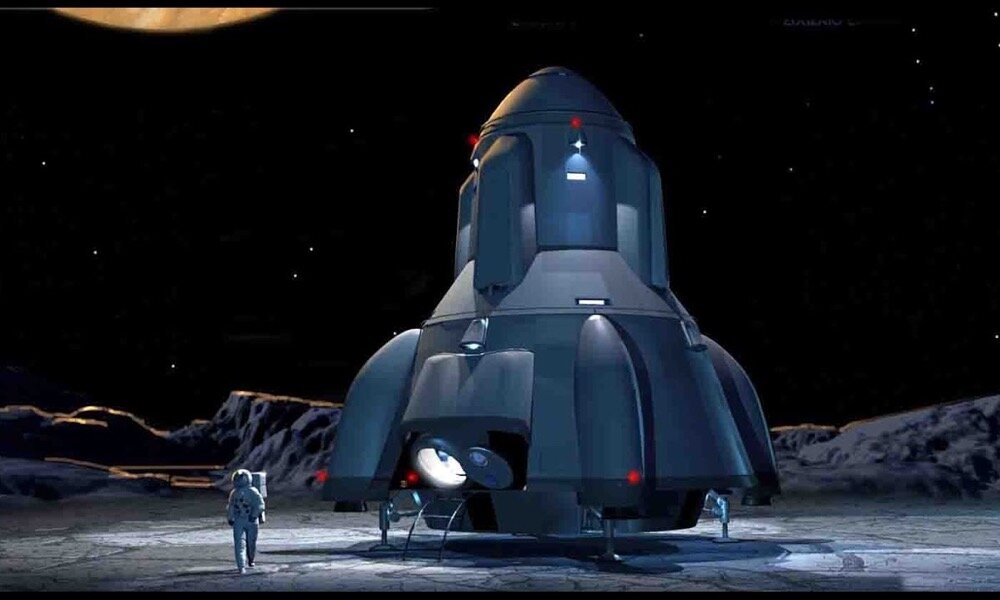Sebastián Cordero's “EUROPA REPORT”
A movie review by Dennis D. McDonald
I wonder what I would have thought of this movie when I was growing up? My favorite movies then were Forbidden Planet, War of the Worlds, and The Mysterians.
Europa Report is a totally different experience. It makes great use of recent research findings (just look at those stunning views of the surface of Europa!), it goes out of its way to be factually and scientifically correct (EVA’s are not just a walk in the park as we certainly know from recent ISS experience), women play a key role (I probably would have liked that as a kid as I could never figure out why the ladies in so many SF films seemed to shriek so much), and the team is aggressively international (what, you mean the US isn’t running the show?)
What would have amazed me most of all was the clean and pristine look of the film, including views from inside and outside the spaceship. As a kid and devotee of the 520s at the local public library even I knew you didn’t need aerodynamic fins on a deep space ship and the Europa report ship certainly delivers in that regard. The ship looks more like the Alexi Leonov from 2010 then the sleek ships we imagined in the 40s and 50s.
Inside the Europa Report ship is where things really shine. We have the Shuttle program and the International Space Station (and maybe SkyLab) to reference; the interior details here are just amazing. There’s even an attempt to illustrate not just zero gravity but the simple fact that just about any surface can be a floor, wall, or ceiling as shown occasionally by images taken at angles of crewmember hanging off a wall in the distance.
What about the story?
The mission is designed to explore under the ice of Jupiter’s moon Europa to see what’s there. Testing and drilling technology is used to insert a submersible vehicle below the ice. It appears to observe something odd before the data feed is lost. Then a crew member volunteers to go outside the ship, braving the strong radiation from Jupiter, to collect additional data. While outside the ship she observes something odd. From then on the situation for the mission deteriorates.
It is probably not too much of a spoiler to say that, yes, they do detect some kind of life on Europa. It would probably be a dramatic disappointment in the movie if they didn’t. That there is so much danger and tragedy involved in making this discovery is an important lesson. We have found this to be true in our real space programs. Seeing this displayed so dramatically and realistically here is a sobering reality especially since this movie is not promoted as a fantasy.
Importantly this movie does focus on the simple and not entirely controversial idea that some very rational people do currently believe that one of the most likely other places to find “life” in our own solar system is in the depths of Europa. Is it not then logical to think that if (A) life evolved on such a different world so close to us in the same solar system then (B) life most likely will have developed elsewhere on the billions of earthlike planets we now estimate to exist elsewhere? Furthermore, if life revolves so frequently, isn’t it also likely that different life forms will bump up against each other?
When all is said and done this is a good movie that can be enjoyed for what it is: an intelligent and thrilling story, elegantly produced, with excellent acting and beautiful photography.
Review copyright © 2013 by Dennis D. McDonald


